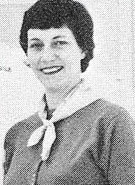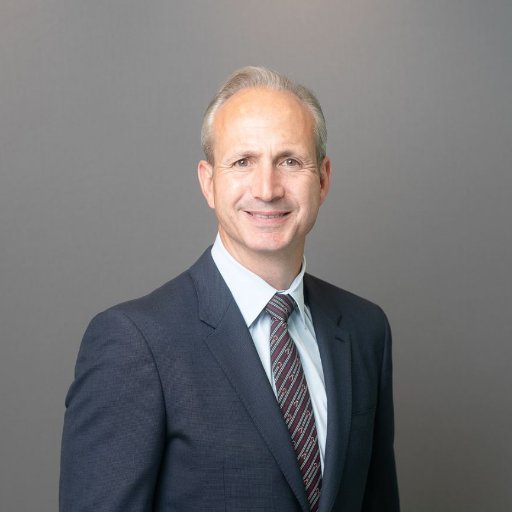A popular and energetic graduate of the class of 1961, Joe Dang is the first Canadian of Chinese descent to graduate from Physical Education – now Kinesiology. Joe was the manager of the Thunderbird football team during some of coach Frank Gnup’s most successful seasons. Apparently, the football guys have some good stories to tell about Joe. But Joe’s managerial experiences were not without some discrimination especially when the Birds travelled across the border into the USA.
It was also during the late ‘50s that Joe served as timekeeper at UBC basketball games. “He never made a mistake,” says former T-Bird star Ken Winslade. In fact, it was Joe’s knowledge of shorthand and ability to type his class notes that enabled him to help some of the athletes who had to travel out of town. Those same students claim they would never have made good grades if it weren’t for Joe.
In 1968, Joe obtained his Master of Education. After graduating, Joe embarked upon a teaching and coaching career in Vancouver and North Vancouver evolving to become a counsellor at Handsworth Secondary, retiring in 1994.
A very devoted family man he remains very active. One of his interests is Chinese-Canadian history especially his family history and he shares with us how he was raised in the back end of a tailor shop on East Hastings. What really stands out today is his status in the political world – as a supervisor of elections at both the provincial and federal levels. As Joe says “It is ironic that from not even being eligible to vote, I was now in charge of the election process itself.”
For more information refer to the “Victoria Times-Colonist” article October 21, 2008.
Written by Fred Hume, UBC Historian
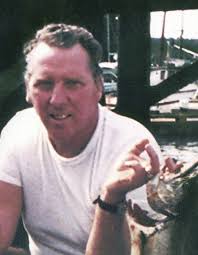

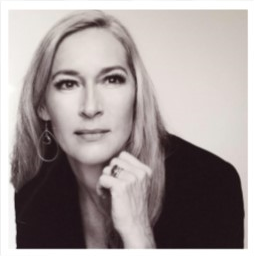
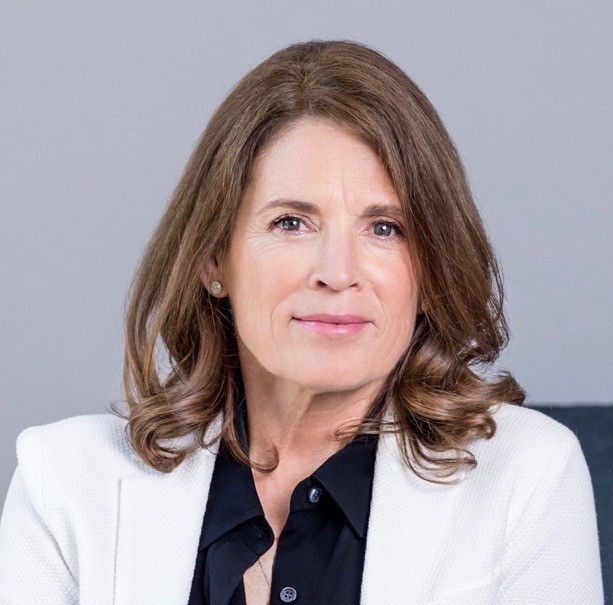 Dr. Dana A. Sinclair (BPE ’85) is a performance psychologist at Human Performance International (HPI), where she consults with clients from the medical, corporate and entertainment worlds as well as professional athletes in the NFL, MLB, NBA, WNBA, NHL, MLS, IndyCar, PGA, Tennis Canada and the Olympics. She enjoys working with highly skilled and motivated individuals; and is currently writing a book on performing under pressure, using client experiences as examples.
Dr. Dana A. Sinclair (BPE ’85) is a performance psychologist at Human Performance International (HPI), where she consults with clients from the medical, corporate and entertainment worlds as well as professional athletes in the NFL, MLB, NBA, WNBA, NHL, MLS, IndyCar, PGA, Tennis Canada and the Olympics. She enjoys working with highly skilled and motivated individuals; and is currently writing a book on performing under pressure, using client experiences as examples.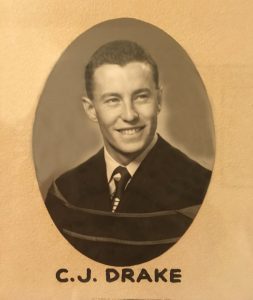
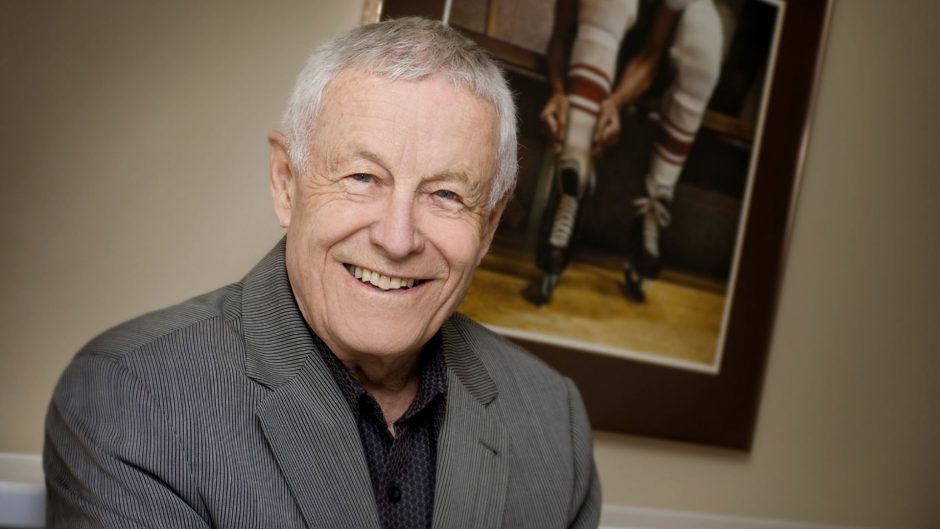
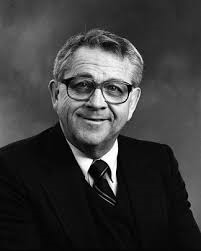 Norm Watt was one of the originals, that is, a member of UBC’s first graduating class in Physical Education (Kinesiology) back in 1949. He was also an athlete and although not tall, was a notable basketball player and played Varsity Thunderbird basketball during the late 1940s.
Norm Watt was one of the originals, that is, a member of UBC’s first graduating class in Physical Education (Kinesiology) back in 1949. He was also an athlete and although not tall, was a notable basketball player and played Varsity Thunderbird basketball during the late 1940s.
